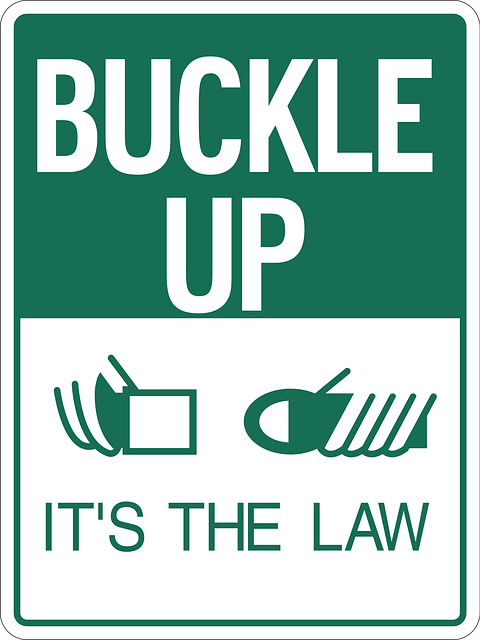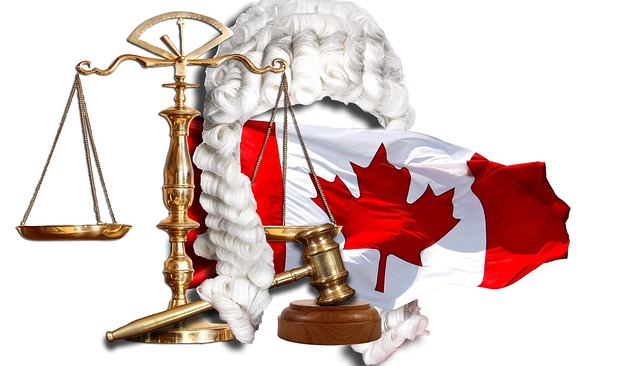Antitrust issues in pharmaceutical industry mergers are addressed by U.S. regulatory bodies like the DOJ and FTC, who rigorously examine deals to prevent monopolies and maintain competition, especially in bringing new drugs to market. Success hinges on demonstrating that mergers foster innovation while preserving fair competition, benefiting both corporate clients and patients. Key challenges include higher medication prices, limited product innovation, and eliminating competitors. Regulatory scrutiny focuses on market dominance, barriers to entry, collusion, price fixing, and market division, with high-stakes penalties for violations. Legal experts navigate these complexities by understanding antitrust regulations and intellectual property rights to protect business interests while ensuring fair competition.
In the dynamic landscape of pharmaceuticals, understanding antitrust laws is paramount. This article delves into key litigation types plaguing the industry, focusing on antitrust issues in pharmaceutical mergers and acquisitions. We explore concerns over potential competition, market dominance, barriers to entry, unfair pricing practices, and patent infringement. Additionally, we scrutinize the pivotal role regulatory bodies play in resolving these disputes. By examining these critical areas, stakeholders can navigate complexities, foster fair competition, and ensure patient access to essential medicines.
- Understanding Antitrust Laws in Pharmaceuticals
- Mergers: Potential Competition Concerns Arise
- Examining Market Dominance and Barriers to Entry
- Unfair Pricing Practices and Patent Infringement
- Regulatory Bodies' Role in Pharmaceutical Disputes
Understanding Antitrust Laws in Pharmaceuticals
The pharmaceutical industry often faces complex antitrust issues when it comes to mergers and acquisitions due to the unique nature of prescription drug markets. These antitrust laws, primarily designed to protect consumers from monopolistic practices, are particularly relevant in the healthcare sector. The U.S. Department of Justice (DOJ) and Federal Trade Commission (FTC) closely scrutinize pharmaceutical company consolidations to ensure they do not lead to reduced competition or higher drug prices for patients.
One key aspect is evaluating whether the proposed merger will eliminate substantial competition, resulting in a diminished ability to bring new drugs to market. This is especially critical as these industries often involve high research and development costs, which can drive up prices. Winning challenging defense verdicts in such cases requires a thorough understanding of market dynamics and the ability to demonstrate that the deal promotes innovation rather than stifles competition within the respective business segments, serving corporate and individual clients alike.
Mergers: Potential Competition Concerns Arise
In the competitive pharmaceutical industry, mergers can present significant antitrust concerns. When two pharmaceutical companies combine, they may create a dominant market presence, leading to potential issues related to competition and consumer choice. The primary worry is that such consolidations could result in reduced competition, allowing the merged entity to set higher prices for medications, limit product innovation, or even eliminate competitors altogether.
This is particularly critical in addressing Antitrust Issues in Pharmaceutical Industry Mergers, where regulators scrutinize transactions to ensure they do not harm consumers or stifle competition. An unprecedented track record of successful white-collar defense strategies becomes crucial for managing these concerns. Effective legal and strategic planning can help mitigate risks by demonstrating that the merger will foster innovation and lower costs, ultimately benefiting patients and the market as a whole.
Examining Market Dominance and Barriers to Entry
In the context of litigation types, particularly within the pharmaceutical industry, examining market dominance and barriers to entry is crucial to understanding antitrust issues. Mergers in this sector can significantly impact competition, price setting, and access to essential medications. Regulatory bodies like the Federal Trade Commission (FTC) and the Antitrust Division of the Department of Justice (DOJ) scrutinize such deals to ensure they do not lead to monopolistic practices or hinder innovation. The pharmaceutical industry’s unique characteristics, including high research and development costs, patent protections, and regulatory approval processes, often serve as barriers to new entrants, making it imperative for regulators to assess potential anti-competitive effects.
Antitrust litigation in the pharmaceutical space often revolves around allegations of collusion, price fixing, or market division—behaviors that can stifle competition and ultimately hurt consumers. Achieving extraordinary results in these cases requires a deep understanding of complex regulatory landscapes and market dynamics. Legal teams representing both corporate and individual clients must navigate intricate legal frameworks while aiming to avoid indictment for antitrust violations. The stakes are high, with potential penalties including substantial monetary fines, structural changes to affected companies, and even criminal charges for individuals found guilty of anti-competitive conduct.
Unfair Pricing Practices and Patent Infringement
Unfair pricing practices and patent infringement are significant issues that often lead to high-stakes cases within the pharmaceutical industry. These controversies may arise during mergers and acquisitions, where antitrust regulations come into play. When companies merge, they must navigate complex regulatory environments to ensure fair competition and consumer protection. One critical aspect is evaluating pricing strategies, especially in light of potential market monopolies or anti-competitive behaviors.
Patent infringement claims are another common type of litigation in the pharmaceutical sector. These cases involve disputes over intellectual property rights, particularly when a competitor allegedly violates a valid patent held by a drug manufacturer. Achieving extraordinary results in such scenarios requires a deep understanding of both antitrust issues in pharmaceutical mergers and the intricacies of patent law. Protecting respective business interests while upholding fair market practices is essential to navigating these complex legal landscapes.
Regulatory Bodies' Role in Pharmaceutical Disputes
Regulatory bodies play a pivotal role in resolving pharmaceutical disputes, especially when dealing with complex matters such as antitrust issues in industry mergers. These entities are tasked with ensuring fair competition and protecting consumers across the country. In the context of mergers and acquisitions within the pharmaceutical sector, regulatory scrutiny is imperative to prevent anti-competitive practices.
They conduct thorough investigations into proposed deals, evaluating their potential impact on market dynamics and prices. By scrutinizing merger agreements, they aim to safeguard corporate and individual clients from any negative effects of consolidated market power. This process involves extensive data analysis, expert testimony, and public hearings to ensure transparency and accountability in decision-making.
The pharmaceutical industry, while critical for global health, faces unique challenges regarding antitrust issues in mergers and various other practices. Understanding complex laws like antitrust is essential for navigating the intricate landscape of drug development and market competition. By examining cases related to market dominance, patent disputes, pricing strategies, and regulatory bodies’ roles, we can identify potential risks and ensure fair competition. Staying informed about these litigation types is vital for industry participants to uphold ethical standards and foster innovation within the pharmaceutical sector.






